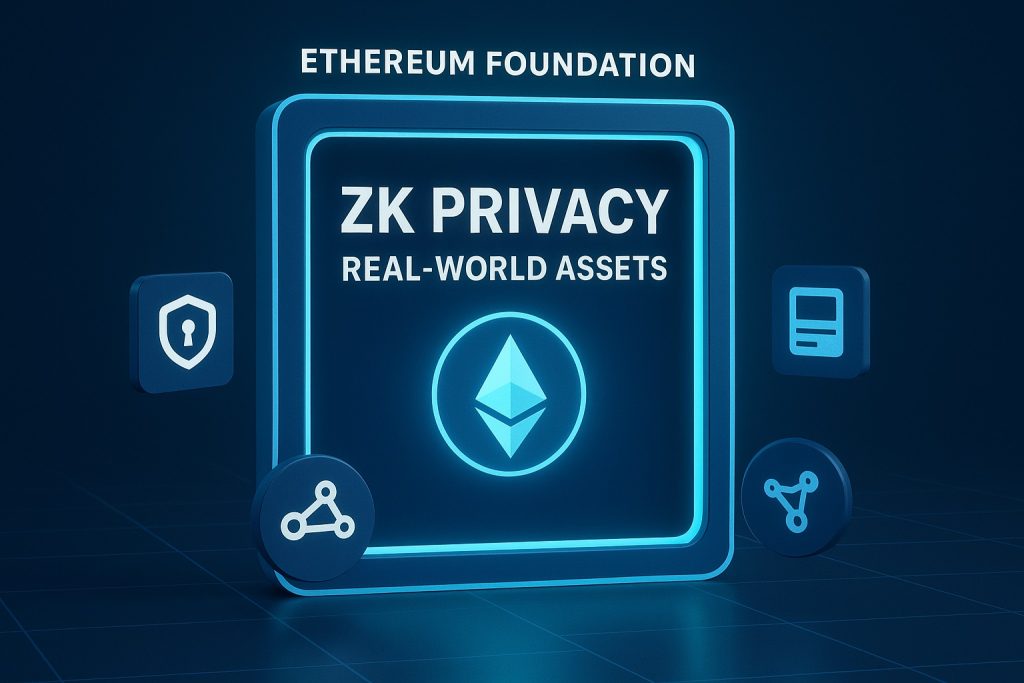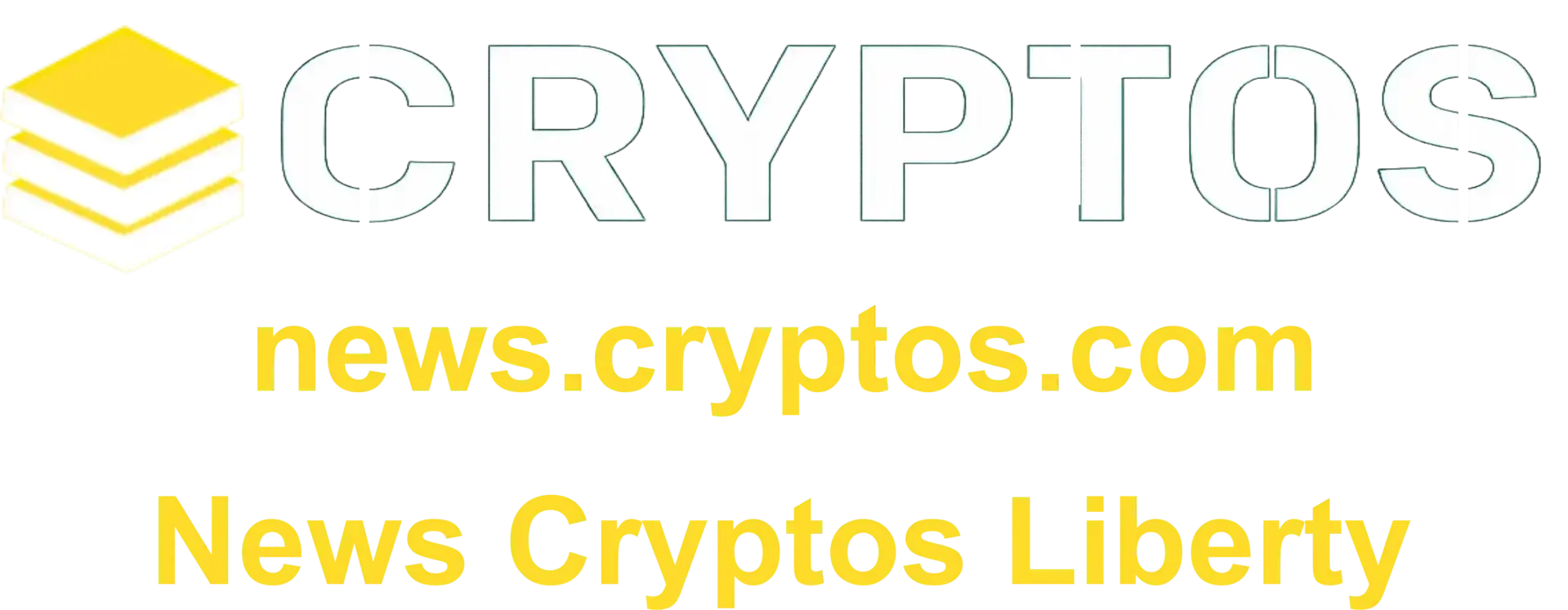Ethereum Foundation Unveils Portal Highlighting zk Privacy Technology for Real-World Assets and Restaking Solutions
The Ethereum Foundation has taken a major step toward advancing privacy and scalability on the blockchain by launching a new Zero-Knowledge (ZK) technology portal—a comprehensive platform that brings together research, education, and real-world applications of zero-knowledge cryptography within the Ethereum ecosystem. The initiative underscores the foundation’s long-term vision of creating a secure, transparent, and privacy-preserving environment for both decentralized finance (DeFi) and institutional blockchain adoption.
The newly launched ZK portal serves as a hub for developers, enterprises, and researchers interested in exploring the potential of zero-knowledge proofs, a technology that allows data to be verified without revealing its underlying information. The portal provides detailed resources on how ZK systems can be integrated into various Ethereum applications, including real-world assets (RWAs), restaking, decentralized identity, and cross-chain interoperability.
According to the Ethereum Foundation, the ZK portal is more than just a showcase—it is a bridge connecting innovation to utility. It features hands-on documentation, case studies, tutorials, and open-source repositories that demonstrate how ZK cryptography can be implemented to enhance privacy while maintaining regulatory compliance. By simplifying access to complex cryptographic frameworks, the foundation aims to accelerate adoption among developers and enterprises looking for scalable, secure, and efficient blockchain solutions.
One of the central themes of the portal is its focus on real-world asset (RWA) tokenization, which has become one of the fastest-growing sectors in blockchain. Through the use of ZK proofs, organizations can tokenize assets such as real estate, bonds, and commodities without compromising sensitive financial data. This enables verifiable ownership and auditability, while preserving confidentiality — a balance that traditional systems have long struggled to achieve. The Ethereum Foundation believes this innovation could pave the way for mainstream financial institutions to enter the blockchain space, where privacy and compliance are key prerequisites.
The ZK portal also highlights advancements in restaking, a growing trend within the Ethereum community that allows users to leverage their staked ETH to secure multiple protocols simultaneously. The integration of ZK technology into restaking frameworks provides additional layers of security and transparency, ensuring that staked assets can support the broader ecosystem without introducing unnecessary risk. By combining restaking with ZK proofs, Ethereum developers are working toward a model where decentralized infrastructure remains efficient, trustless, and highly secure.

Another important component featured in the portal is decentralized identity (DID). ZK technology is a natural fit for identity management, as it enables users to prove their identity or credentials without disclosing personal data. This innovation is expected to transform sectors such as decentralized finance, supply chain management, and government services, where user verification and data protection are equally important.
Beyond the technical aspects, the Ethereum Foundation’s portal underscores the collaborative nature of the ZK movement. It spotlights partnerships with leading cryptography research teams, universities, and Ethereum ecosystem projects that are contributing to the growth of privacy-centric applications. These include advancements in ZK rollups (Layer-2 solutions that enhance scalability), recursive proof systems (which optimize performance), and compliance-ready frameworks for institutions entering the digital asset space.
The Foundation’s emphasis on zero-knowledge technology comes at a time when privacy and compliance have become two of the most debated issues in blockchain. With regulators tightening oversight and users demanding greater data protection, ZK cryptography offers a middle ground — enabling trustless verification and transparency without revealing private information. Ethereum’s leadership in this area not only strengthens its position as a pioneer of decentralized innovation but also makes it more attractive to traditional financial players seeking compliant ways to engage with blockchain systems.
Industry experts have praised the initiative as a major leap forward in bridging the gap between Web3 innovation and real-world implementation. By centralizing resources and fostering collaboration, the ZK portal helps demystify complex cryptographic concepts, making them accessible to developers, policymakers, and institutional partners alike. The move also reinforces Ethereum’s commitment to continuous innovation in scalability, privacy, and interoperability—core pillars of its roadmap since the early days of its development.
Ultimately, the Ethereum Foundation’s ZK portal is not just an educational resource—it is a strategic statement about the network’s future direction. As blockchain adoption accelerates globally, privacy-preserving solutions like zero-knowledge proofs will play a defining role in enabling secure and compliant digital economies. Through this portal, Ethereum positions itself at the forefront of that transformation—offering a unified vision where decentralization, privacy, and real-world utility coexist within a single, scalable framework.
With this initiative, the Foundation reaffirms its goal of making Ethereum the backbone of a privacy-conscious global financial layer, setting new standards for how blockchain technology interacts with traditional systems, safeguards personal data, and supports the next wave of decentralized applications.
Source: Cryptonews Edited by Sonarx

